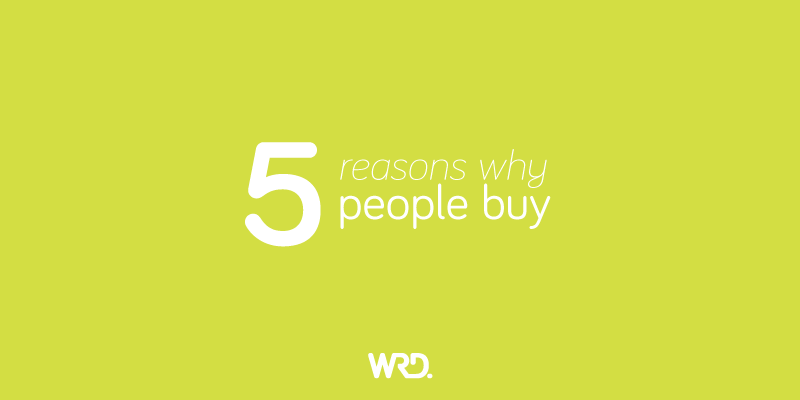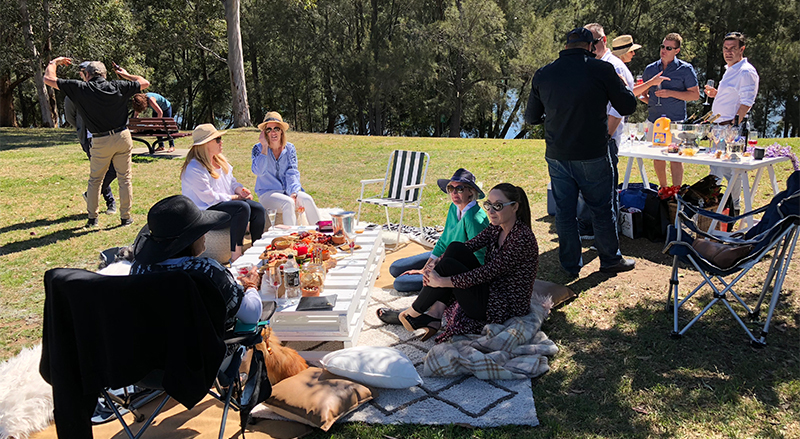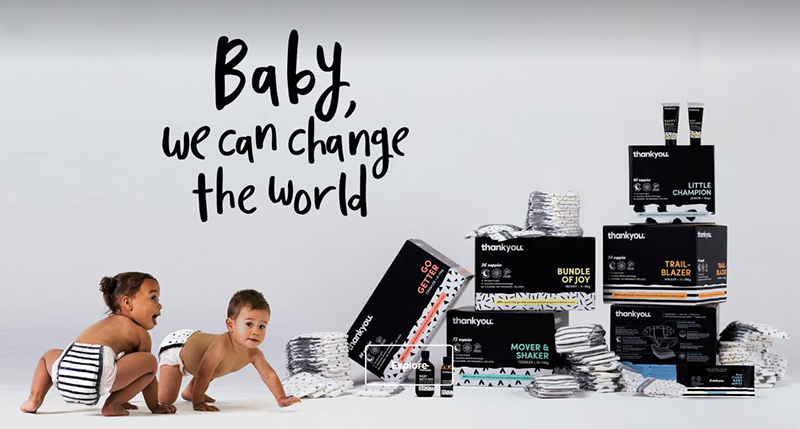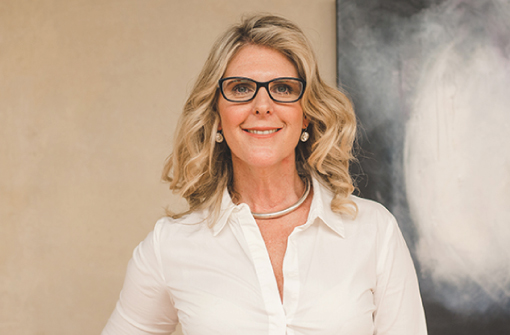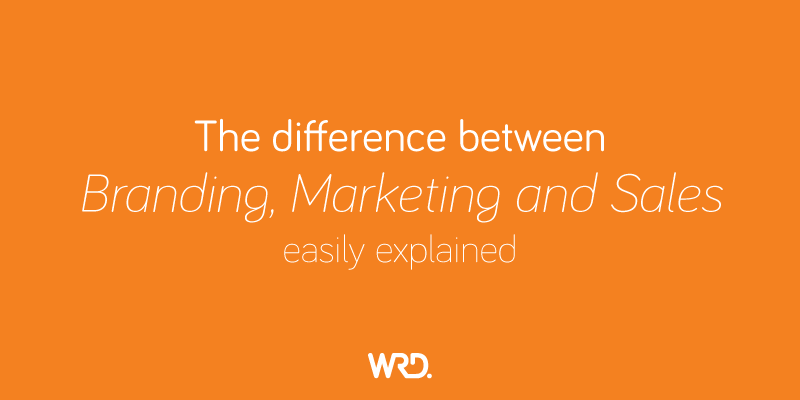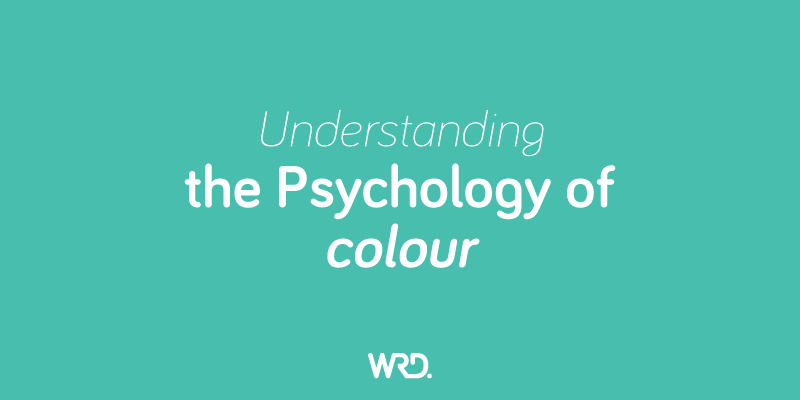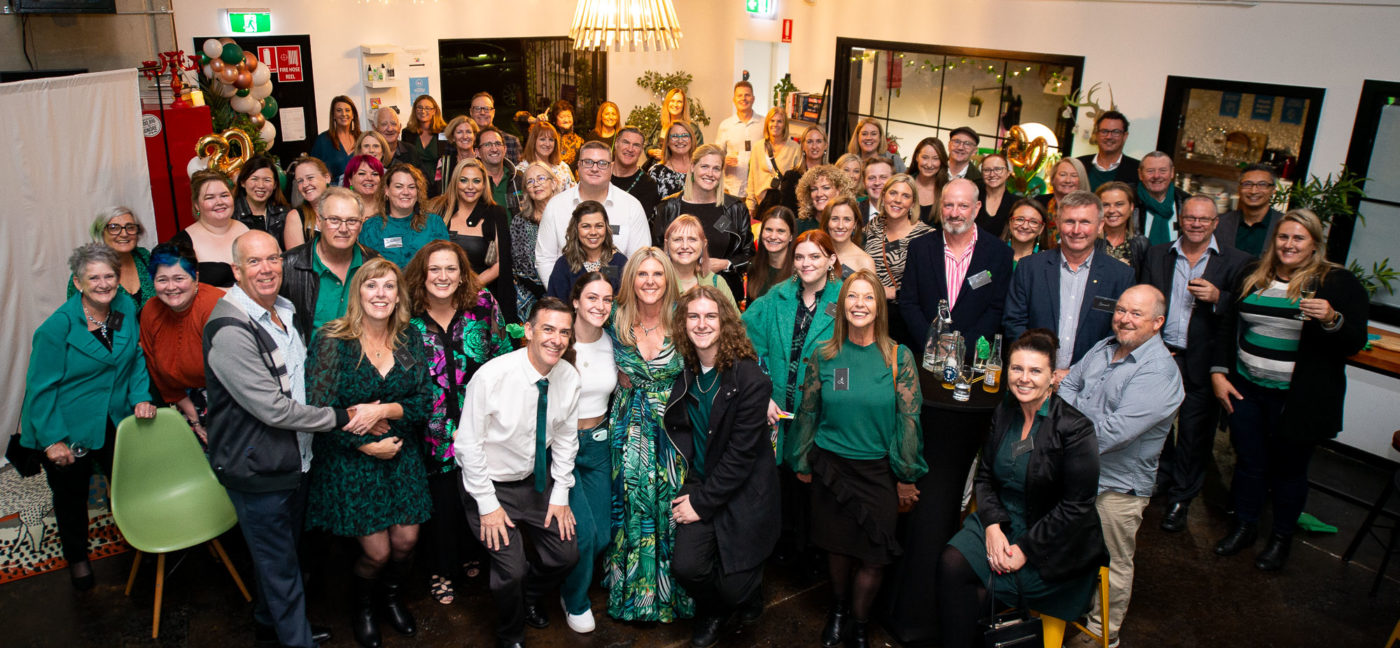How come Cadbury’s sells blocks of chocolate for $4 while Three Chocolatiers sells theirs for double the price. Why is it that BigW sells $30 jeans while Calvin Klein can sell $300 jeans? It’s not about the price tag – it’s about the brand.
The reality is that the jeans are probably made in the same sweatshops, with the same material, at a similar cost however one brand is able to sell them for ten times the amount of another. It doesn’t matter which way you look at it, the answer always comes back to your brand. What kind of reputation do you have? Does the client see value in what you offer and is it relevant?
5 reasons why people buy – and none of them are about the price!
1. Value
When the client sees the value, the price becomes irrelevant. I’m in the process of planning a birthday party. With spring here I thought that a picnic would be a fun and different way to celebrate my September birthday. I’d been trawling the internet for ideas and stumbled across a company that not only styles picnics beautifully, but they can also produce one of those amazing grazing tables. The cost of their service is more than what I’d spend doing it myself but it’s my birthday. I don’t want to be running around the morning of my party, setting up, putting out tables and chairs and organizing food. I want a stress-free option and something that is going to look great. Oh, and they pack away once the picnic is over – bonus! I see the value in what is being offered and I am more than happy to pay a higher rate for the opportunity to have a relaxed and fun birthday.
2. Reputation
“Branding is what people say about you when you’re not in the room.” This is a famous quote from Amazon founder Jeff Bezos, and it demonstrates the power of branding. It also highlights the fact that your brand is all about your reputation.
We’ve all heard crazy stories about the cost of getting a performer or celebrity to grace you with their presence at an event or nightclub. The bigger their reputation, the more you’re likely to pay. Reports of Kanye West charging the Kazakh President, Nursultan Nazarbayev, a staggering $3 million to perform at his grandson’s wedding party makes Kim Kardashian’s fee of $50,000 look positively cheap!
Your reputation will go a long way in ensuring that the price is not a factor in the purchasing process. We see this all the time with Apple products. The truth is that Apple product features do not differ as much as their price tag would suggest. However, they look better and they make the customer feel progressive, innovative or creative. Does the higher price tag matter to Apple customers? Clearly not.
What kind of reputation does your business have?
3. Relevance
Plumbers don’t get paid big bucks for knocking on pipes – they get paid for knowing which pipes to knock on and then to fix. Any woman with a ‘handy’ partner will understand the relevance of this comment. Too often the DIY jobs turn into an absolute mess and land up costing more than what it would have if a professional had been called in right at the beginning. Being relevant to your customer ensures that the purchase of your service or product does not become about price.
In nearly every situation you should avoid positioning your brand on price alone. This is a slippery slope to disaster and one that is very hard to come back from. The reality is that there will always be someone cheaper than you.
The challenge as a business is to always demonstrate to your client where the value lies. Focusing on your value proposition over a price proposition is the most effective way of gaining a customer and ensuring that they keep coming back. If they don’t value what you do or produce, then it doesn’t matter what the price is, they will never be your perfect client.
4. Purpose
“It’s not about the money, money, money” sings Jessie J. She just wants to make the world dance. She’s singing about purpose in this song and purpose, especially to Gen Y & Z, is going to become more and more of a reason for them to choose your business.
The question is, does your business stand for anything? Do you have a greater purpose or cause that the business supports and that your customers can get behind? The Body Shop has been doing this since the early ’70s. No testing on animals has turned into a full-blown stand to protect and save our planet. This is a real concern for many people and a reason why they would purchase a product regardless of the price.
Social enterprises are popping up more frequently as they have identified that by having a strong purpose, clients will buy from you. The brand Thankyou is a great example as they donate 100% of their profits to water, nutritional and hygiene operations in third world countries. As a consumer, I have a choice. I can buy a bottle of water where my hard earned money lines the pockets of a big wig CEO. Or I can buy a bottle of water and not only will my money go to helping a disadvantaged community, but the special code on the bottle will also pinpoint on Google exactly which community I’m helping!
5. Experience
When brands create an experience for their customers, price once again falls to the wayside. Fine dining is the perfect example. If you have a head chef or an owner who is a celebrity such as Matt Moran, patrons are prepared to pay a premium price. This is not just because of the reputation of the chef, but also because fine dining provides an experience usually reserved for special occasions. The white linen, decor, beautifully plated food, wine list and the highly attentive wait staff make the customer feel that they are experiencing something special.
Speaking of the wine list, it’s also interesting to note that not many people choose the cheapest wine on the list. If budget is an issue they will still pass over the cheapest and choose the second least expensive one. The fear of being perceived as cheap outweighs the cost of the wine. It’s, therefore, no surprise to hear that most restaurants ensure that their second cheapest wine is also their most profitable.
When leading performers such as Adele, Pink! or Ed Sheeran rolls into town, not only are they able to fill 80,000 capacity stadiums night after night, but they can charge a premium price. ‘Cheap seats’ are well over $100, yet people are happy to pay as they want to have the experience of watching these performers live. Sadly this isn’t the case for the less known musician banging out tunes at their local.
Experience is a massive aspect of brand positioning.
If you would like to find out more about how to build a brand where price doesn’t matter, then give us a call on 0481 846 481, we’d love to chat.
